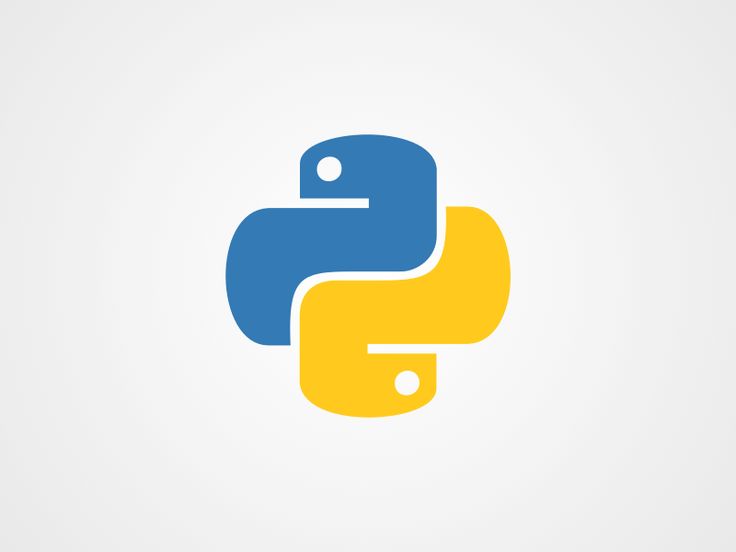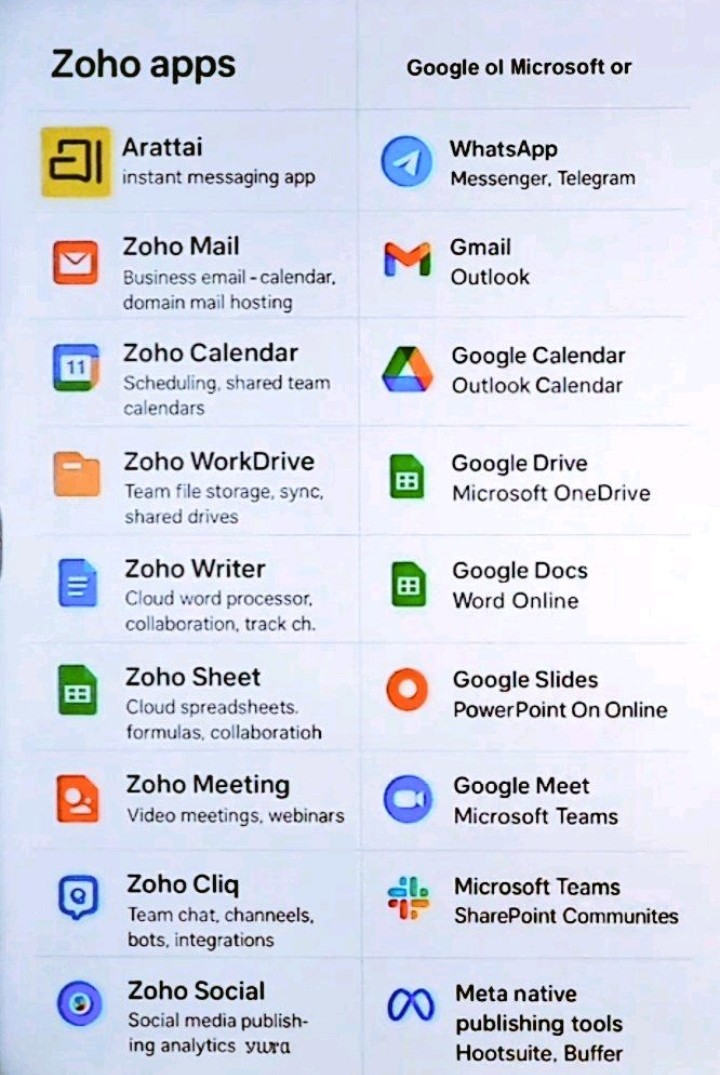-
Latest Update: New tutorials and tech news coming soon! Stay tuned at TechRouteBP.

Spring Boot is a popular open-source Java framework developed by Pivotal Software (now VMware) in 2014. It is built on top of the Spring Framework and is designed to simplify the development of standalone, production-ready applications. Spring Boot eliminates the need for complex configuration by providing auto-configuration, embedded servers, and production-ready tools. It is widely used for developing microservices, RESTful APIs, enterprise-level applications, and cloud-based systems.
Key Features of Spring Boot
1. Auto-Configuration – Automatically configures applications based on project dependencies.
2. Standalone Applications – Runs without requiring an external web server (comes with embedded servers like Tomcat, Jetty).
3. Microservices Support – Ideal for building scalable and distributed microservice architectures.
4. Production-Ready Tools – Includes monitoring, health checks, and metrics via Spring Boot Actuator.
5. Convention over Configuration – Reduces boilerplate code by following sensible defaults.
6. Embedded Web Servers – Eliminates the need to deploy WAR files; runs as a simple JAR.
7. Spring Boot Starter Packs – Provides pre-configured dependencies for common tasks like web, JPA, security, etc.
8. Security Integration – Easy setup of authentication and authorization with Spring Security.
9. Cloud Integration – Works well with Spring Cloud for distributed systems and cloud-native apps.
10. Strong Community Support – Backed by a large ecosystem with extensive documentation.


